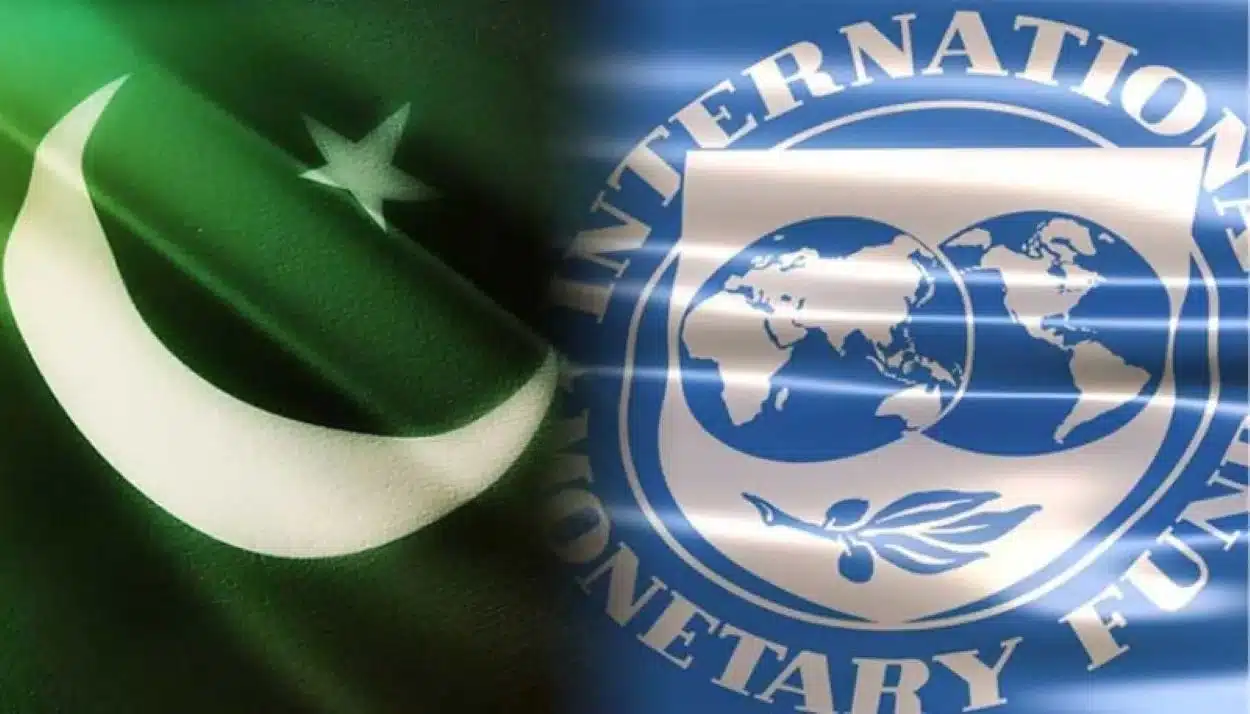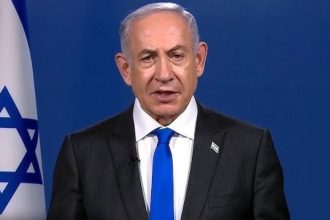The International Monetary Fund (IMF) has recommended two models to harmonize the tax system, advising Pakistan to consider revamping its approach by adopting the Australian or Indian tax frameworks.
Specifically, the IMF has suggested an 18% general sales tax on petrol and diesel and recommended a levy to safeguard revenue collected from the provinces. Currently, the sales tax system is hampered by significant flaws and structural inefficiencies, largely due to the split of taxation powers between federal and provincial levels, which results in a narrow tax base and a long list of tax-exempt supplies.
To address these challenges, the IMF has proposed two options for overhauling the general sales tax system. One option is the Australian model, which features centralized administration, an independently designed system, and strict revenue-sharing formulas. The other is the Indian model, which integrates provincial and federal tax authorities under a single administration, applying a Central Value Added Tax (CVAT) that collects taxes across states at a unified federal rate.
Additionally, the IMF advises Pakistan to establish a registration threshold of $30,000 for all businesses based on a single turnover at the Federal Board of Revenue (FBR). IMF estimates that implementing these changes could increase revenue by 1,300 billion rupees.
The IMF also recommends eliminating all zero-rating, except for exports, as detailed under the Fifth Schedule and suggests limiting exemptions to only the first sale of residential properties. It urges applying standard rates to other items and aligning fuel taxes with regional averages.
Moreover, the IMF is advocating for reducing all concessional rates under the Eighth Schedule, suggesting they be standardized, with exceptions possibly made for essential food items and health and education products, which might be taxed at a reduced rate of 10%.






